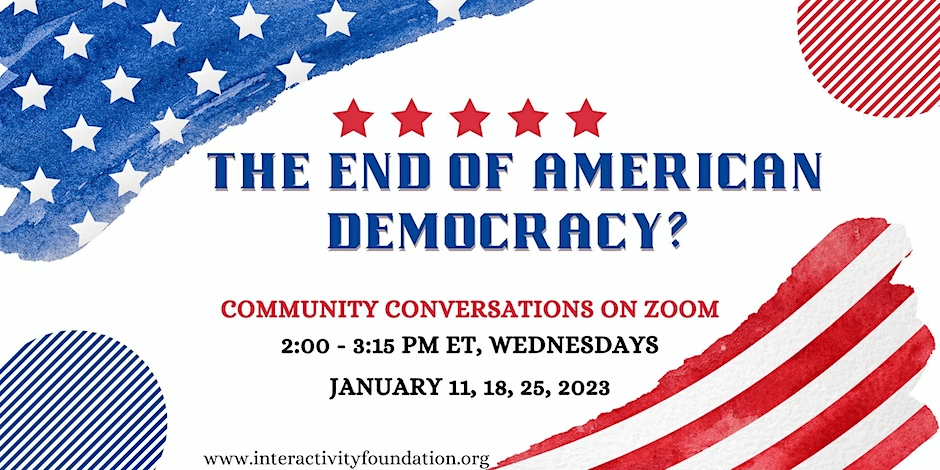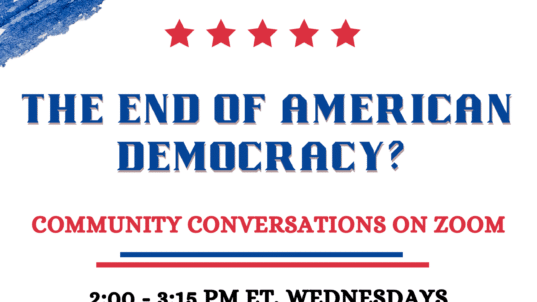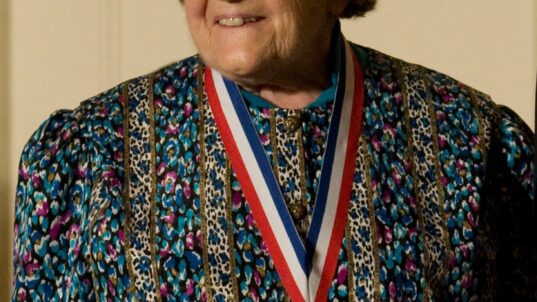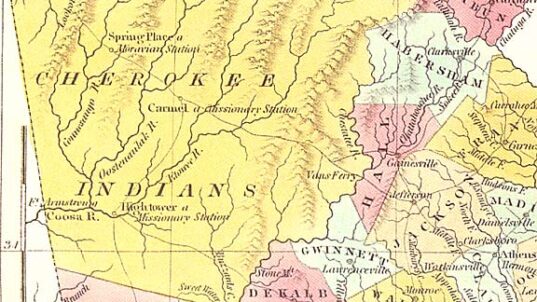
What are the goals or purposes that motivate, or should motivate American democracy? What should a culture of democracy be aiming at?
We framed this series as the “End of American Democracy.” And while the “end” can mean democracy’s loss or demise, it can also mean its purpose or goal. In our third and final session of this three-part series, we explored the broader social and cultural aspects of our democracy. We asked participants to discuss the underlying values, beliefs, or mindsets that are at the heart of our democracy. We also asked them to explore the threats to these values, including other, opposing values that weaken our democracy. Finally, we asked participants what we might build on to better strengthen or sustain those values that are essential for a resilient democracy.
Below we have summarized many of the key ideas discussed and developed by participants in this final session.
What are some of the essential values or beliefs for a healthy democracy?
- Freedom–that individuals should be free, or as free as possible–both physically and mentally–to live their lives and pursue their dreams
- Equality, equity, and fundamental fairness
- A belief that we all have, or should have, equal rights (including voting rights), representation, and responsibilities
- The playing field of our society should be both level and equally accessible for all
- A belief in the general fairness of majority rule, which may be in tension with a belief in the protection of minority rights and interests
- Respect, tolerance, and even celebration of our differences and diversity, embracing our pluralism
- A core set of human or civil rights that are widely shared and reinforced, such as rights of: expression/speech, religion and conscience, privacy, due process, physical autonomy, and …
- Civility, non-violence, tolerance, respect, even appreciation for the value of differing views, dissent, negotiation, and compromise among opposing persons and positions.
- Free, fair, and frequent elections and the peaceful transfers of power
- Belief in the value of distributed and shared power to guard against the abuse of power and also to encourage its wise exercise for all (we can be smarter together)
- Power is not only divided among branches and functions, but also distributed geographically– federal, state, and local–and often shared where multiple units of governance must work together
- Belief in some shared idea of truth, an external reality apart from our individual desires, as well as some faith in our–admittedly–limited ability to get closer to it
- Transparency and accountability for power, processes, decisions, actions, information (no black boxes beyond scrutiny)
- Individual responsibility to each do our part, to participate and to exercise our freedoms responsibly and honestly, in good faith, and on behalf of the common good
- Volunteerism, the mindset and practice of stepping up to help others and contributing to the common good.
- Belief in the common good as something beyond, more difficult to achieve, and more valuable than our individual or group interests
- Belief in our common humanity, our most basic shared values, and accepting that we are largely motivated by a few common values and beliefs:
- Civility and respect for others and for our shared rules and processes for engaging with one another peacefully
- The importance of non-violence for resolving disputes and affirming the basic rule of law, rather than might or money
- The importance communication, cooperation, and negotiation in making decisions and resolving disputes
- A healthy sense of trust in the general honesty and good faith of others
- A belief that humans are basically good and are capable of correction and growth
- A belief that people are endowed with intrinsic dignity, value, and worth and so should not be treated as mere objects or means for achieving some other ends
- A belief in the value of a functional political and economic system operating at all levels (federal, state, and local) that in some way provides for our most basic needs, including stability, safety, security, access to food, water, housing, education, health care, etc.
- A robust belief in democracy itself as something bigger, transcendent, ultimately more important and valuable than our individual or group interests and yet also more fragile and highly vulnerable
What are the threats to these democratic values or what are other beliefs that weaken democracy?
- Beliefs that promote growing inequality in power, law, rights, wealth, social status, etc.
- Beliefs in racism of all forms and White supremacy in particular
- Beliefs supporting discrimination based on ethnicity, sex, gender, religion, wealth/income, education, immigration status, etc.
- Passivity, indifference, and cynicism, etc., which is often encouraged by those who want to maintain their greater power, privilege, and status
- Failure to establish a genuine meritocracy and the resulting disillusionment with our education and economic systems to provide opportunities for all Americans to attain the American dream, to improve their lives, or just get by
- Lack of accountability for those who have power
- Lack of personal responsibility to make positive change happen, even among those who don’t have much power
- Materialism, consumerism, and hedonism: equating the good life with acquiring wealth and diversions rather than living a meaningful life and contributing to the common good
- The needs of our egos to be confirmed, right, certain, and in control.
- Unrestrained capitalism, with its inherently unequal distribution of rewards, tendency toward monopolies, and tendency to increase economic inequality and insecurity
- Beliefs that humans are inherently bad or corrupt and that foster the belief that people can’t be trusted with the responsibilities of self-governance, which can then become a self-fulfilling prophecy
- Fear of “the other” with fearmongering and dehumanizing of those outside our own group identities
- Polarization and other dysfunctions arising from our biases for our own group identities
- Fears and divisions stoked by those with power who seek to distract, divide, and conquer with culture war issues
- Beliefs in minority rule and that features of our government that allow for minority rule (gerrymandering, the Electoral College, the Senate filibuster, etc.) cannot and should not be revised to allow government to function in a genuinely democratic way
- The belief that there is no truth, or that truth is whatever we want it to be, and the related belief that there are no valid processes to better discern the truth
- These beliefs flow together with the torrents of misinformation, disinformation, and rampant dishonesty that erode our ability to grasp reality
- Tensions among our democratic values
- We want tolerant mindsets but we also know that not everything should be tolerated (like dehumanizing policies that attack outgroups or erode other democratic values)
- We want people to speak freely, but if they just say anything they may hurt other people
- We want freedom of expression and of the press but we don’t want those freedoms to be used to destroy the belief in truth/reality
- Gun rights are increasingly in conflict with others’ personal, as well as public, safety and with the right to life
- Destructive or dysfunctional mythologies:
- American Exceptionalism, the sense that we are special and should avoid critical reflection about ourselves and our history
- Rugged individualism to the exclusion of any public responsibilities, weakening our social fabric
- The myth that anyone can and should pull themselves up by their own bootstraps, disregarding structural advantages and disadvantages for different groups of people
What might we build on to sustain those values and beliefs that are essential for a resilient democracy?
- Build on values, beliefs, traditions, and practices of social responsibility, volunteerism, public service
- Be together: step outside our bubbles, meet each other, and be with each other
- Seek out others, talk with them, ask questions, listen, learn, and share their stories
- Tell the truth–starting with ourselves, be honest, intentional, and accountable
- Practice citizenship and civility: engage, listen, learn, vote, advocate, argue, and bowl together
- Create and sustain a more equal or equitable playing field for all and support public policies to meet basic human needs



